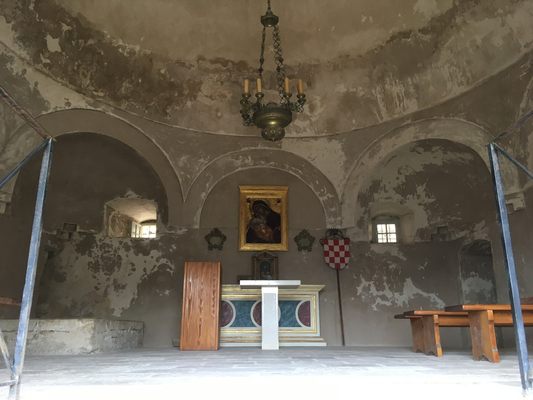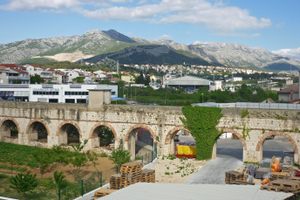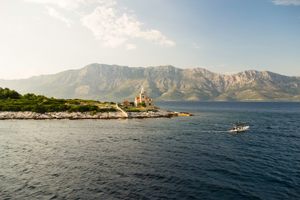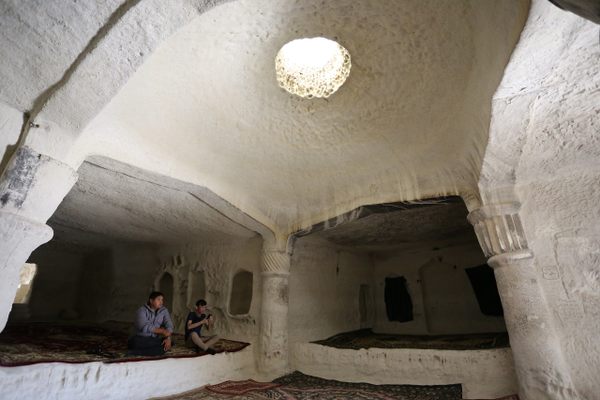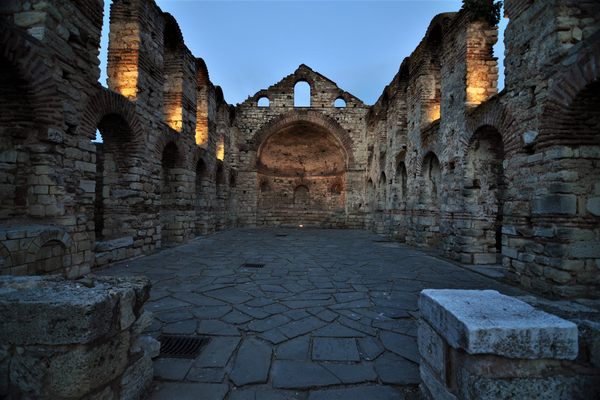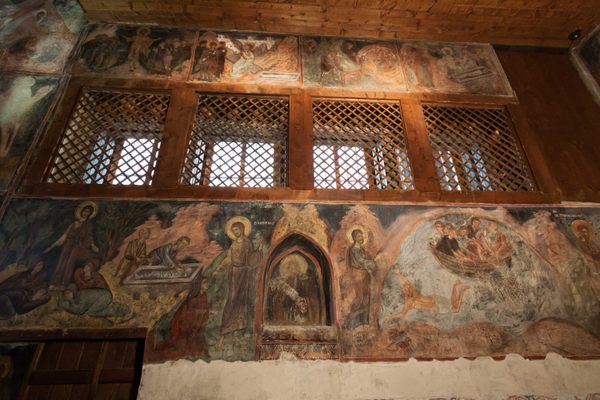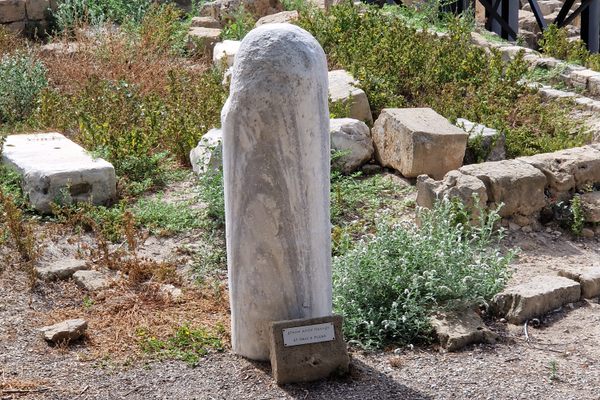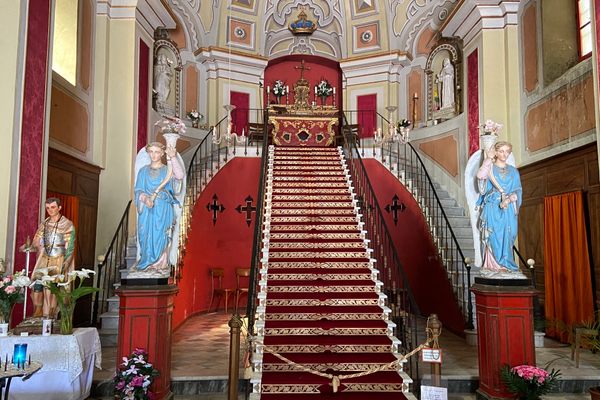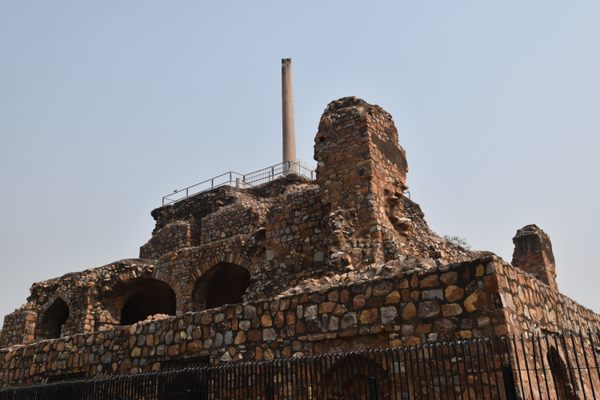About
The Ottoman Empire's conquest and occupation of most of the Balkans was in full swing by the 16th century, and would collapse by the late 1700s. While the inland portions of the peninsula were under almost complete control, the coastlines had more fluidity based on geographic factors (large mountain ranges that made access difficult) and the presence of other major powers such as the Italian Maritime Republics.
Modern-day Croatia occupies most of the Balkans' Adriatic coast, so it was the Venetians that mostly deterred Ottoman advance along it. That doesn't mean that the empire of modern-day Turkey didn't have any success here. The fortress of Klis, located in sight of the city of Split (currently Croatia's second most-populated) was once under Ottoman control, as shown by this former mosque.
Originally dating to the Roman period, the fortress's history has been defined by a constant change of hands, and its Ottoman conquest took place in 1537. In addition to the Venetians, the Habsburg Empire (predecessor of Austria-Hungary), and local forces such as the Uskoks; were the other powers fighting for control of the area against the Ottomans. Aside from brief periods of occupation, Ottoman rule of the fortress lasted for over a century, before it was won over by the Venetians in the mid-1600s. The mosque was then converted into a Catholic church.
While there was some animosity towards most things Ottoman-related (such as Islam) in what is now Croatia after their occupation of the territory, the majority of the mosque's outer structure remained unchanged. There's even what could be considered a kind of acknowledgment of the religious commonalities between Islam and Christianity, in the post-Venetian inscription in Latin found above the church's entrance: "Quod instauravit pietas, pietas tueatur" (What faith has built, faith shall preserve).
This church's patron saint, Sveti Vid, known in English as Saint Vitus (or also Vid), hailed from Sicily, and was martyred for his Christian faith during the Diocletian Persecutions. Diocletian was the Roman emperor who ordered the construction of the massive palace that is now Split's historic center. This church is particularly symbolic of the history of Christianity in the region, from Roman persecution to the adoption of the Roman Catholic rite to the displacement of Islam.
Related Tags
Know Before You Go
Entrance to Klis Fortress is required to visit the church. Tickets are €10 per adult and €3 for children (15 and younger). Open daily from 9 a.m. to 5 p.m.
Balkans Road Trip: Serbia, Croatia & Bosnia and Herzegovina
Traverse the beauty and history of the Balkans through locals' stories.
Book NowPublished
February 8, 2024








